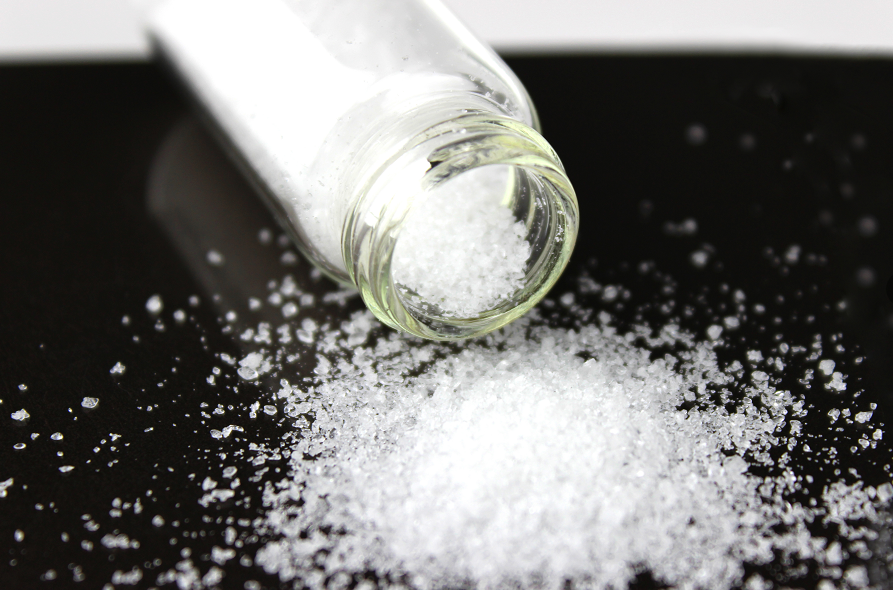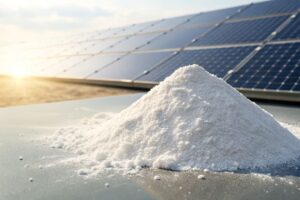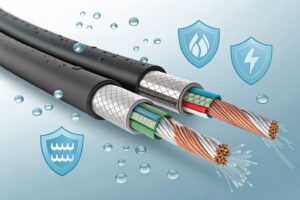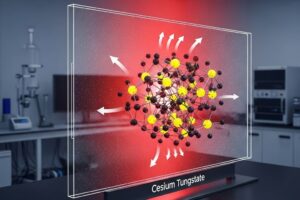Polyester polymer materials are prone to hydrolysis in humid environments, especially in humid and hot environments. A large number of terminal carboxyl groups are generated in the broken polyester molecular chains after hydrolysis, and the terminal carboxyl groups will continue to catalyze the hydrolysis reaction. Finally, the polyester materials break due to hydrolytic aging.
In order to improve the hydrolysis resistance of polyester materials, it is usually convenient and low-cost to add a carbodiimide anti-hydrolysis agent to it. Carbodiimide anti-hydrolysis agent can react with terminal carboxyl groups in the polyester molecular chain to generate urea compounds without side effects, effectively reducing the content of terminal carboxyl groups in polyester materials, slowing down the progress of polyester hydrolysis reaction, and prolonging the service life of materials.
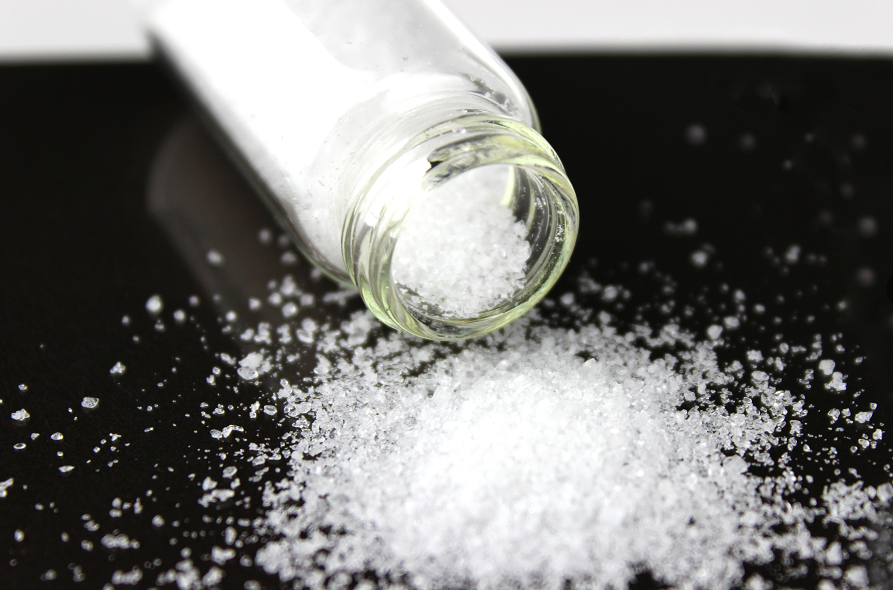
Carbodiimide anti-hydrolysis agents usually have two types: monomeric type and polymeric type. The effective groups of these two anti-hydrolysis agents are carbodiimide groups. Monomeric anti-hydrolysis agent contains a carbodiimide group in its molecular structure. The polymeric anti-hydrolysis agent contains multiple carbodiimide groups, so it has a higher molecular weight.
In terms of physical properties, the polymeric anti-hydrolysis agent has better heat resistance due to its higher molecular weight. For example, when heated to 500℃, the monomeric anti-hydrolysis agent has completely volatilized, while the polymeric anti-hydrolysis agent only volatilizes 50% or so. However, compared with polymeric anti-hydrolysis agents, the synthesis and purification of monomeric anti-hydrolysis agents are simpler, so the material cost is lower.
Whether it is a polymeric anti-hydrolysis agent or a monomeric anti-hydrolysis agent, it can significantly improve the anti-hydrolysis performance of polyester materials. For example, adding 1.0% of the monomeric anti-hydrolysis agent HyMax®1010 to the PET material, under the same moist heat conditions and four days of aging time, the tensile strength of the PET with the addition of the anti-hydrolysis agent was 4 times than that without the addition.
In the actual evaluation results of anti-hydrolysis and aging effect, the effect of polymeric anti-hydrolysis agent is better than that of monomeric anti-hydrolysis agent, and this advantage is mainly reflected in the obvious improvement of elongation at break and viscosity of polyester material.
As a professional carbodiimide products supplier, Langyi New Materials has both the production and R&D strength of monomeric anti-hydrolysis agents and polymeric anti-hydrolysis agents. We have launched a variety of anti-hydrolysis products to the global market. If you want to know more about anti-hydrolysis agent, please contact us: [email protected]

